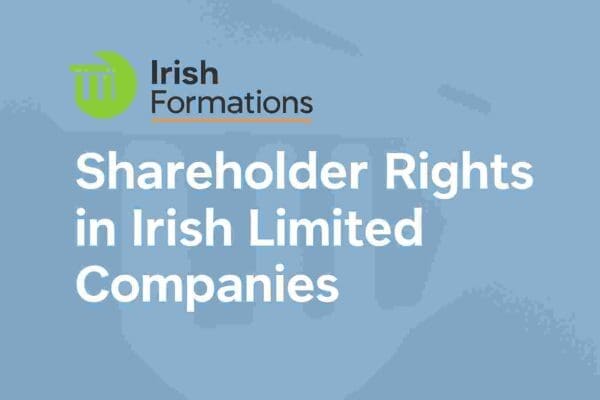Shares in a private limited company represent ownership interests or equity stakes held by individuals or entities. When a company is formed as a private limited company, it means that its shares are not publicly traded on a stock exchange and are typically held by a limited number of shareholders. Here, we’ll delve into the concept of shares in a private limited company and explain their key characteristics.
Ownership and Capital:
Shares in a private limited company signify ownership in the business. Each share represents a portion of the company’s capital. The total capital of the company is divided into a specific number of shares, and each share has a predetermined nominal or face value.
Limited Liability:
Shareholders in a private limited company benefit from limited liability, which shields their personal assets from the company’s liabilities. Shareholders typically have their liability restricted to the unpaid portion of their shares. This advantage is vital for investors since it confines their risk solely to the capital they have invested.
Shareholder Rights:
Shareholders in a private limited company possess certain rights. These may include the right to attend general meetings, vote on important matters, receive dividends if declared, and participate in the distribution of assets upon liquidation. Shareholders also have the right to transfer their shares, subject to any restrictions mentioned in the company’s Articles of Association.
Share Classes:
Private limited companies can have different classes of shares. Commonly, these include ordinary shares and preference shares. Ordinary shares usually carry voting rights and offer the potential for higher returns through dividends and capital appreciation. Preference shares, on the other hand, often have fixed dividend rates but may lack voting rights.
Share Transfers:
Shareholders in a private limited company can transfer their shares to others, subject to any contractual restrictions or pre-emption rights in place. This allows for the transfer of ownership without significantly affecting the company’s operations. However, private limited companies usually have restrictions on share transfers to maintain control within a close-knit group.
Shareholders’ Agreement:
Shareholders in a private limited company may enter into a shareholders’ agreement, which outlines the rights, obligations, and responsibilities of the shareholders. This agreement can cover matters such as dividend policies, management roles, dispute resolution mechanisms, and exit strategies.
Minority Protection:
In private limited companies, shareholders often have provisions for minority protection. These provisions aim to safeguard the interests of minority shareholders by ensuring fair treatment, approving certain major decisions, and preventing undue dilution of their ownership.
Confidentiality and Privacy:
Unlike publicly traded companies, private limited companies offer greater confidentiality and privacy. Generally, information regarding shares is not disclosed to the public. This provides a level of discretion to the shareholders.
In summary, shares in a private limited company represent ownership interests and provide individuals or entities with specific rights, limited liability, and the potential for financial returns. These shares are not publicly traded and are typically held by a limited number of shareholders. They offer flexibility in terms of transferability, while maintaining control and confidentiality within the company’s close-knit ownership structure.
How We Can Help?
Here at Irish Formations our team are experts on company formation in Ireland and all that goes with it. If you have questions regarding any of the following mentioned above please do not hesitate to contact us. A member of our team would be happy to talk you through it or book you an appointment with our Managing Director.
Phone: 021 4217322
Email: info@irishformations.ie




